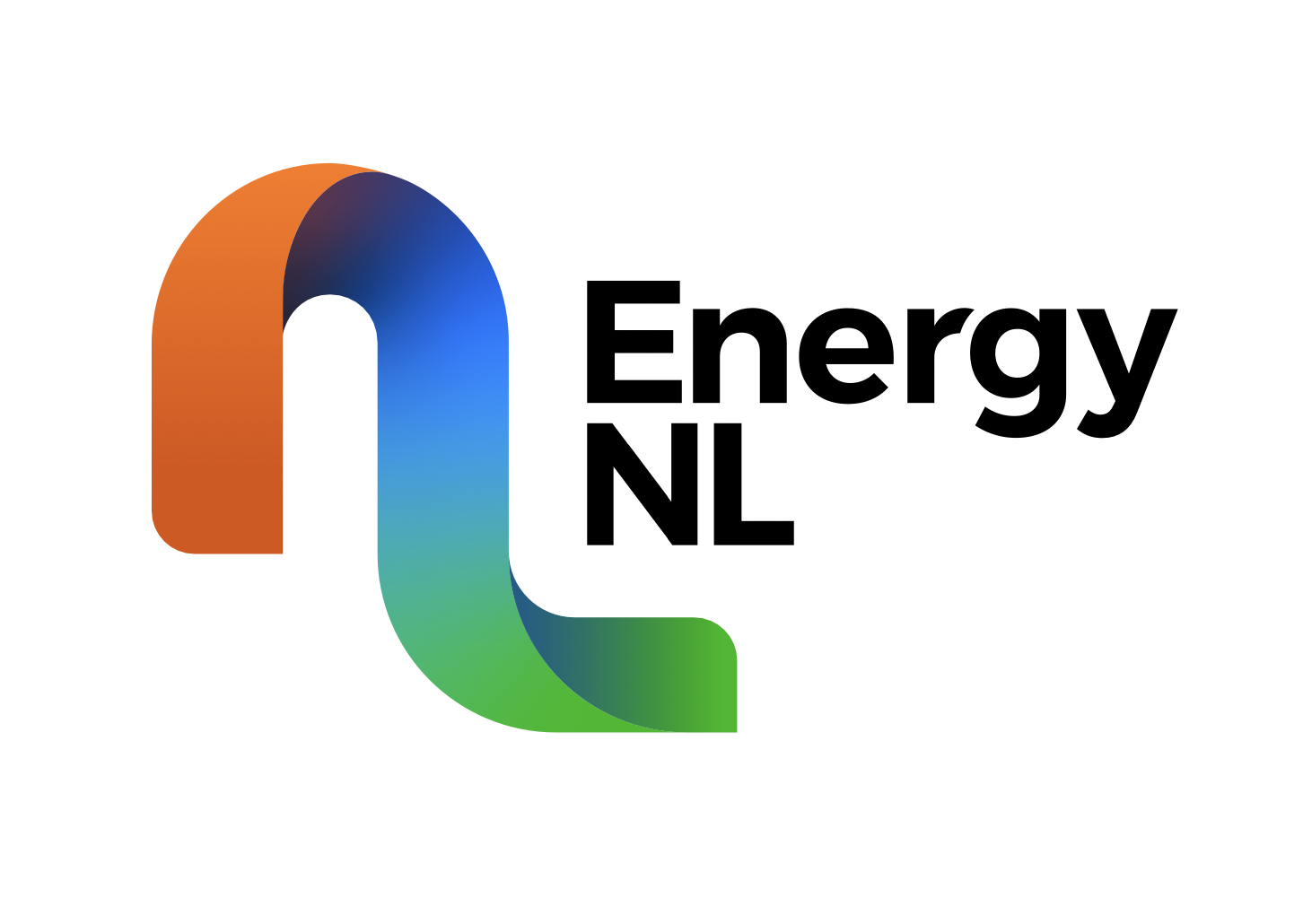Husky hopes some federal money can be used to secure long-term success of White Rose field
There are immediate implications for Newfoundland and Labrador from a major shakeup in the Canadian oil sector, with Husky Energy confirming construction on the stalled West White Rose extension project will not resume in 2021.
The decision follows news on Sunday that Husky is being purchased by rival Cenovus Energy in an all-stock, $3.8-billion deal between the two Calgary-based businesses, with the transaction expected to be finalized early next year.
“The 2021 construction season has been cancelled,” a Husky official confirmed in a statement to CBC News.
The decision means the future of the troubled extension project for the White Rose oil field in offshore Newfoundland is murkier than ever.
With the global pandemic battering oil markets, Husky announced in April it was halting construction of the fixed wellhead drilling platform for the remainder of 2020.
At the time, the project was nearly 60 per cent complete, with major construction taking place at the Port of Argentia and a fabrication facility in Marystown. Hundreds of workers were laid off.
In early April, with its balance sheet in tatters, Husky announced it was reviewing its entire operations in eastern Canada, and it asked the provincial and federal governments to buy equity stakes in West White Rose in order to save the project.
Both levels of government rejected the company’s pitch, though Newfoundland and Labrador, through its energy corporation, Nalcor, already owns a five per cent stake in the project.
As a project partner, Nalcor had paid $110 million as part of its share of costs as of July.
Husky has said it will not add debt to its balance sheet in order to fund the remainder of the project, and now with Cenovus about to enter the picture, it appears the strategy is less certain.
Sources say a range of scenarios could unfold, including a sale of Husky assets in the province, which also includes a 35 per cent equity share in the highly touted Bay du Nord discoveries in the Flemish Pass.
But Husky is hopeful federal aid money for the offshore can be used to “help position the (West White Rose) project for restart when commodity prices recover,” according to the Husky statement.
In late September, Natural Resources Minister Seamus O’Regan announced $320 million to support offshore workers and help lower greenhouse gas emissions. The money was in addition to $75 million already announced by Ottawa.
In its statement, Husky said, “We continue to work with the government to discuss how the federal dollars allocated to the offshore can support the long-term success of White Rose and the offshore, including determining whether some scopes of work can proceed.”
Meanwhile, big questions are emerging about the future of Husky’s operations in offshore Newfoundland.
The SeaRose floating production, storage and offloading vessel, which is the centrepiece of the White Rose oil field, is aging and will soon require a refurbishment, according to insiders. Without the extension project, the lifespan of the field will be shortened, since existing reserves are in decline.
When the West White Rose project was sanctioned three years ago, Husky said it would have a 25-year lifespan, produce more than 180 million barrels of oil, and deliver between $3 billion and $4 billion in economic benefits for the province in the form of royalties, taxes and equity payments.
It would also create 250 permanent platform jobs, and up to 1,500 more direct and indirect jobs.
The original plan was for oil production to commence Husky in 2022, but those timelines have been blown.
—
Source: CBC| This text was excerpted from the media outlet cited on October 26, 2020 and is provided to Noia members for information purposes only. Any opinion expressed therein is neither attributable to nor endorsed by Noia.






